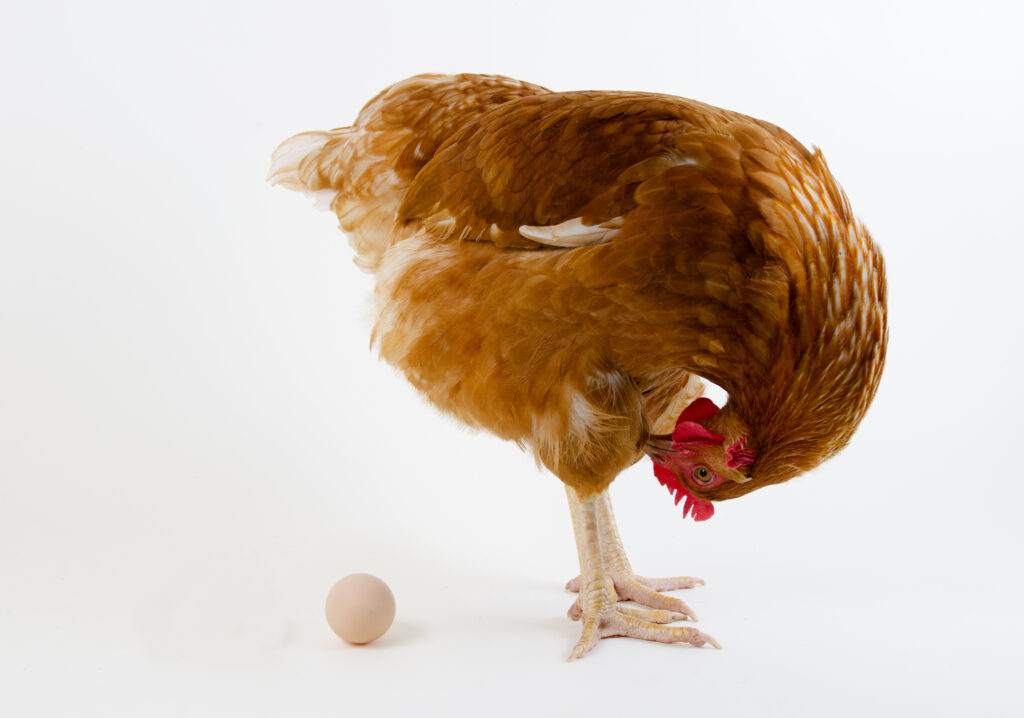Sometimes we wonder why egg production is low in the wintertime. Often chalking it up to just being cold which is a fair assumption. But what if it’s not? We did a little research and learned there are a few reasons this could be happening and some of them can be rectified.

- Molting
- Many chickens go through a molting phase in the fall or early winter, during which they shed old feathers and grow new ones. Molting requires a lot of energy, which can divert resources away from egg production.
- Calcium
- In winter, chickens may have less access to fresh greens and the nutrients they provide. Leafy greens like spinach, bok choy, and collards are rich in calcium. Most chicken food contains calcium for their diet.
- Stress
- Storms, cold drafts, or changes in routine can stress chickens, which can lead to decreased egg production. Stress hormones can disrupt the hormonal balance necessary for egg laying.
- Age
- Hens will lay eggs less and less as they age. They begin laying around six months old and can continue for five to ten years with peak production occurring the first two years.
- Broody
- Chickens have evolved to follow natural breeding cycles, which often result in reduced egg production during the winter months. This is because it’s less advantageous for chicks to hatch and grow in cold weather.
- Protein
- With colder weather comes fewer insects, grubs, and lizards for protein. It is up to us to supplement their diets with protein-rich snacks for healthy hens and stronger eggs.
- Sunlight
- Chickens’ egg-laying cycles are heavily influenced by the amount of daylight they receive. As daylight decreases in the winter, chickens naturally reduce their egg production. Even during daylight hours in winter, sunlight tends to be weaker compared to other seasons. This weaker light can further disrupt chickens’ hormonal balance and reduce egg production. Some folks, like us, accept this and give the hens a break, but many people need the extra light for heat in colder climates anyway so it has its benefits.
By understanding these factors, we can take steps to reduce their effects and maintain healthier egg production levels throughout the winter. This might include providing supplemental lighting, ensuring adequate nutrition, providing shelter from the cold, and minimizing stressors in the flock’s environment.

♥ Hope this helps and thanks for being here! ♥

1 Comment